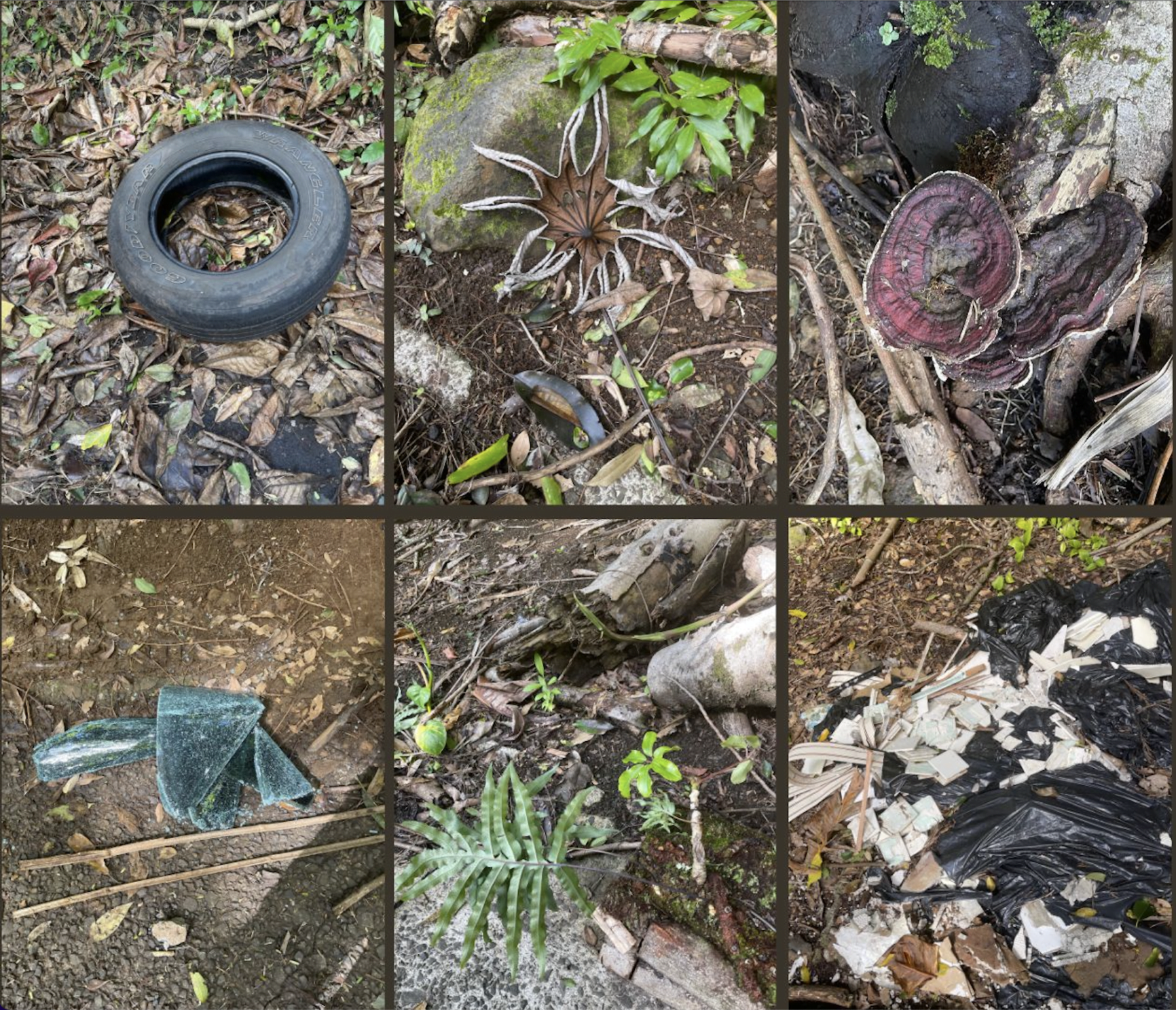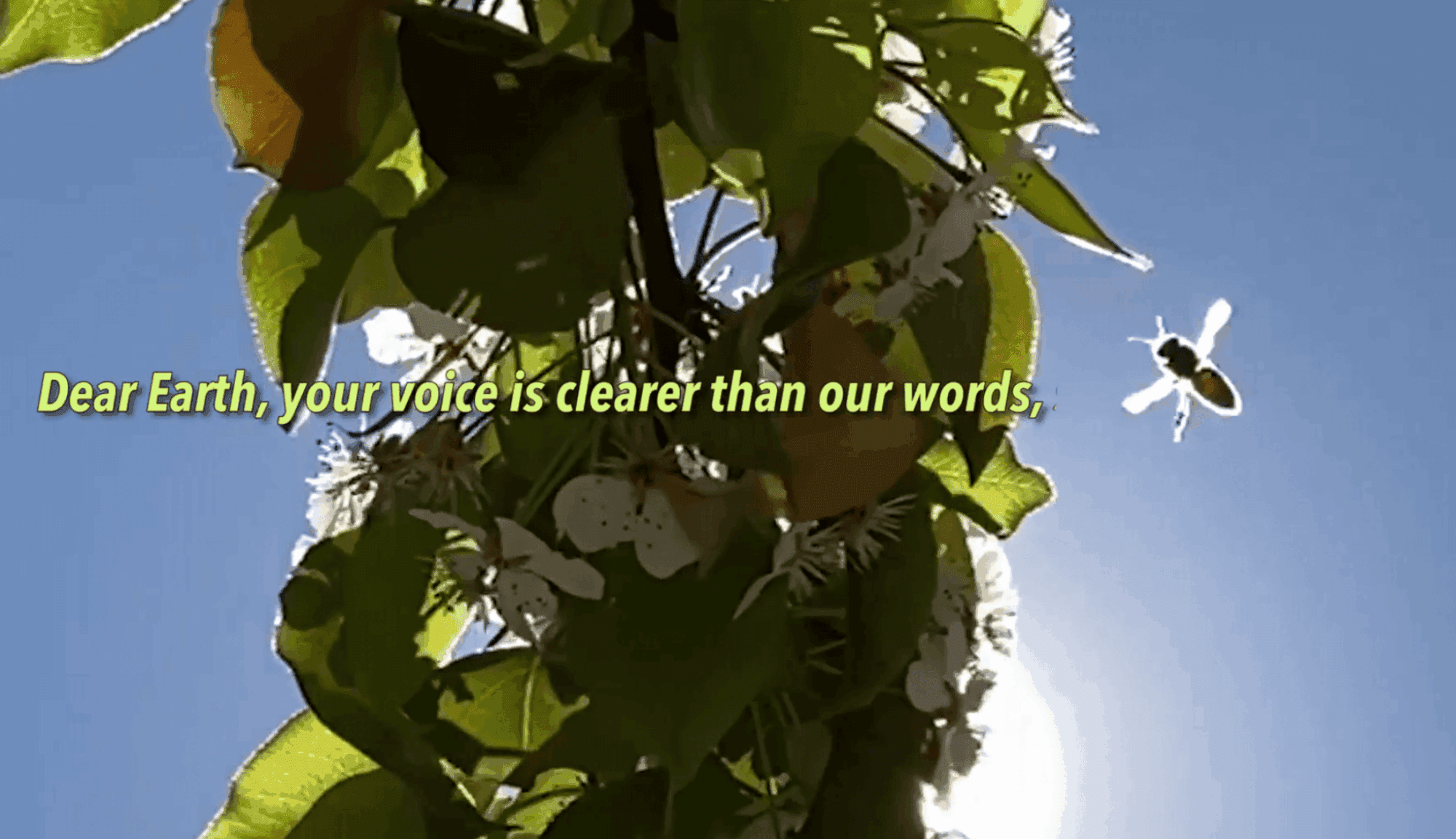
We reside in an epoch of seemingly eternal warfare driven primarily by geopolitical economic greed. The system of destabilizing countries and exploiting communities for access or resource theft is as much a part of our evolution as a species as supply chains, markets, and governance.
But the world has changed. We have an expiration date on our evolutionary clock, and I believe that we have known this to be true since the atomic bomb. This ticking clock is evident not only with climate change or the collective trauma of our global pandemic but also in the alignment of our military with Big Conservation to perpetuate economies that privilege the worst abuses of capitalist greed with the promotion of Natural Capital schemes as the only solution for financing climate adaptation and mitigation.
Warfare is global, and it takes place in all communities, it is beyond haves and have-nots, beyond the divisions of our cultural or gender identifiers, and the demarcations of indigeneity, settler colonialism, or citizenship. What defines this warfare are not simply the opinions and actions of neighbors and passersby or the banal and incessant dirge of TV anchors and radio broadcasters drowning out the resonant whisperings of animals, plants, and rocks emerging into our collective consciousness reminding us of potential or impending extinctions.
What is in your heart matters. What you value most determines whether your gut is sick or clean. It is the clean gut and clear heart that will empower our collective defense against the disease that emanates from the very pores of privatization and capitalization regimes. Public relations and marketing departments may embrace a kinder and gentler emoji yet perpetuate the very system that remains tethered to genocide, slavery, dispossession, and fraud.
Spiritual warfare is the struggle within individuals and societies between values and principles that promote compassion, empathy, environmental stewardship, and social justice on one side, and those that prioritize hatred, greed, and exploitation of our planet on the other.
This inner conflict reflects the moral and ethical choices we make in our daily lives, as well as the broader societal choices that impact our planet and its ecosystems. It’s not limited to any particular religious or secular framework; rather, it transcends these boundaries to address our core mutual values and behaviors.
Choosing to love over hate and planetary well-being over greed are shared by many who advocate for a more just and sustainable world. Addressing these challenges requires a collective effort that focuses on shared values of empathy, cooperation, and ecological responsibility.
Addressing spiritual warfare involves shifting our consciousness over how we value a more sustainable and resilient way of living on our planet, one that recognizes our interconnectedness and responsibilities to each other and the environment. This country—this economy embraces capitalization, and the very industries promoting this are as deaf to the voices of this planet as those promoting genocide, obstruction, and containment.
